A Certificate Course on Christian Values and Public Policy: Drafting, Analysis and Advocacy
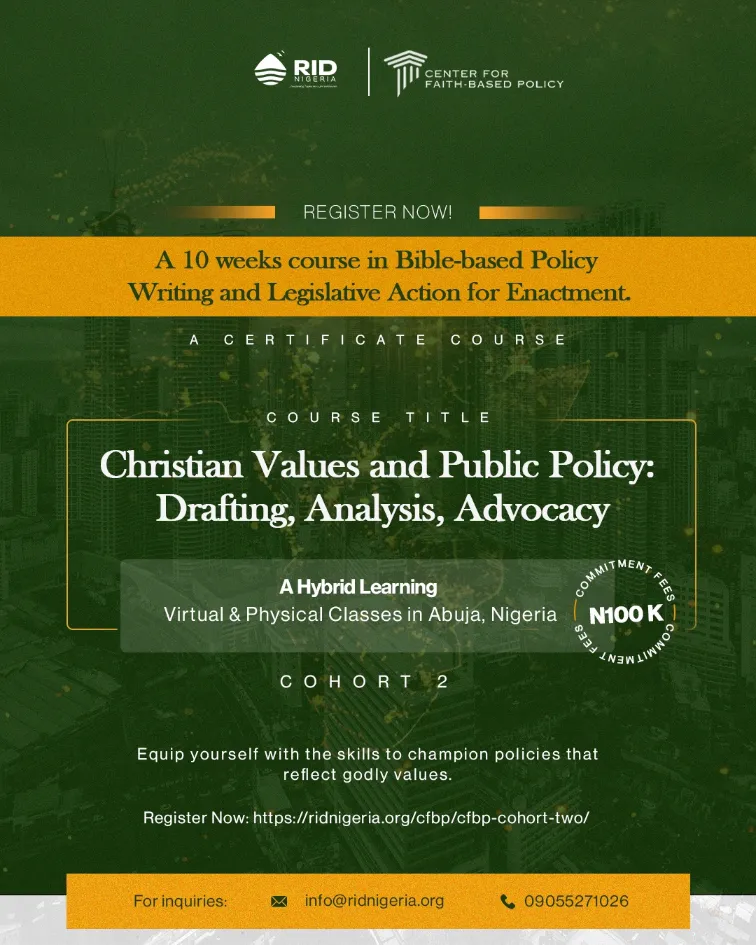
About the Course
The 2025 cohort of the Christian Values and Public Policy Program at the Centre for Faith-Based Policy was a 10-week intensive program that brought together 40 carefully selected participants from diverse fields, sectors, and industries. The program focused on equipping participants with the knowledge, skills, and faith-based principles needed to influence public policy and governance in Nigeria.
Key Highlights:
01
10 weeks immersive training
02
03
04
Hybrid learning model: Online and physical sessions in Abuja
why join this cFBP's course
A Mission-Driven Community
Connect with a network of like-minded Christians passionate about governance.
Hands-On Learning
Participate in case studies, debates, and policy drafting exercises.
Expert-Led Sessions
Gain insights directly from experienced policymakers and faith leaders.
Opportunity to Influence Policy
Acquire the tools to advocate for policies aligned with Christian values.
Weekly Updates
Week 1
First session:
In the first session, our Executive Director, Alex Adekunle James delivered a compelling lecture on: “Introduction to Christian Values and Public Policy – God, Society, Policies, and National Prosperity.”
This session was designed to equip Christians, policy enthusiasts, and advocates with the knowledge and tools to:
✅ Understand the intersection of faith and governance
✅ Analyze policies through a biblical lens
✅ Effectively communicate and advocate for righteous public policies
Session 2
We were deeply honored to have Rev. (Dr.) William Okoye, Founder of All Christians Fellowship Mission, take the second session of Week 1 at the Centre for Faith Based Policy where he delivered a profound lecture titled: “Biblical Foundations for Engaging with the Public Sphere and the Role of Faith in Public Policy.”
His lecture was a stirring call to action, reminding us that faith is not a private affair but a public responsibility. He laid out biblical principles for civic engagement, challenged the false divide between the sacred and the secular, and reignited our vision to be active stewards in shaping public policy with godly values.
Session 3
had the privilege of learning from Chimdi Neliaku, Special Assistant to the Speaker of the House of Representatives on Interparliamentary Matters and Public Relations, as she led our third session of Week 1.
Her lecture, titled: “Understanding Laws, Policy and the Legislative Process in Nigeria (State Assemblies and Local Government) and Comparative Analysis of Parliamentary Systems across the Globe,” was nothing short of enlightening.
With her insider perspective, she unpacked the structures, challenges, and opportunities within Nigeria’s federal and parliamentary systems.
She then took us beyond borders—drawing fascinating comparisons between Nigeria’s legislature and those of other countries, offering global insights that sharpened our understanding of governance and reform.
Her delivery was crisp, relatable, and thoroughly engaging. Our participants left the room not just informed—but empowered to follow and influence legislative processes at all levels.
Week 2
Session 1
Week 2 of the 2025 Cohort at the Centre for Faith-Based Policy began with a powerful first session led by none other than Seun Okinbaloye, renowned journalist and host of Politics Today on Channels TV.
He delivered a deeply insightful lecture titled: “The Media as a Non-Elected Policy Actor: Practical Strategies for Influencing Policy Outcomes.”
With real-life examples, behind-the-scenes insights, and hard-hitting truths from the frontlines of Nigerian media and politics, Seun showed us how the media can frame narratives, shape public discourse, and influence policy decisions, without ever holding public office.
Session 2
Week 2 at the Centre for Faith-Based Policy, the second session took a deep dive into the legislative engine room of policymaking—led by none other than Emmanuel Effiong
A seasoned Government Relations specialist and Public Policy Analyst, brought over a decade of experience driving advocacy and advisory efforts across Africa and Asia to the room.
His session, titled: “Anatomy of a Bill: Motion Writing and Drafting Techniques,” was nothing short of masterful.
With clarity and precision, he broke down the often-complex legislative process into relatable, actionable steps. Participants gained hands-on understanding of how bills are born, how motions are crafted, and how clear, strategic writing influences real change within government systems
Session 3
Week 2 at the Centre for Faith-Based Policy closed with a mind-stretching third session led by the exceptionally brilliant SOKOMBA CAL’ EGBEJA -lawyer, development strategist, and respected voice in youth-led policy spaces.
His lecture, titled “The Dynamics of Repealing and Amending Laws/Constitution,” was an awakening to the deeper mechanics of legislative change.
Drawing from real-life case studies and his rich background as an alumnus of the Nigerian Institute for Legislative and Democratic Studies (NILDS), Sokombaa brought clarity to what often feels like a distant and complex process. With energy, insight, and a teacher’s heart, he helped participants grasp how laws evolve, why constitutional amendments matter, and what it takes to influence those changes from a position of knowledge.
Week 3
Session 1
Mr. Alex Adekunle James —Executive Director of Rivers in the Desert (RID) Nigeria—led the cohort through a brilliant lecture on “The Role of History in Public Policy.”
In his signature thought-provoking style, Mr. Alex drew a powerful connection between historical patterns and policy outcomes. From colonial legacies to post-independence governance, he helped participants see how the choices of yesterday continue to echo in the realities of today.
With clarity and conviction, he challenged the cohort to approach policymaking not in isolation, but with a deep awareness of context, culture, and continuity. Because when history is forgotten, mistakes are repeated. But when history is understood, policies are rooted, relevant, and redemptive.
Session 2
The second session of Week 3 at the Centre for Faith-Based Policy was a deep dive into the power of data and its role in shaping policy that truly solves problems.
Facilitated by Mrs. Adeboro Odunlami, —a brilliant lawyer and policy consultant—her session titled “Data-Driven Research: The Role of Research in Identifying Policy Issues and Informing Legislative Drafting” was as practical as it was enlightening.
With her engaging and participatory teaching style, turned the session into a collaborative learning experience. Participants began to understand that good intentions alone are not enough; effective policy must be backed by accurate, relevant data.
Session 3
Third session of Week 3 at the Centre for Faith-Based Policy wrapped up on a high note with a powerfully engaging lecture led by none other than Sarah Adekunle James —policy and development expert, widely known as Africa’s Social Impact Catalyst
Her session, titled: “Writing Persuasive Position Papers and Policy Briefs,” was everything you’d expect from someone with her depth and passion; captivating, practical, and deeply empowering.
With her peculiar ability to simplify complex ideas, took the cohort through the art and strategy of writing for influence, equipping them with the tools to translate passion into persuasion, and ideas into impact. Her lecture also focused on how Faith based policy advocates can engage shaping opinion, informing decisions, and driving policy change through clear, compelling communication
Week 4
Session 1
Senator (Dr.) Prince Gbolahan Dada, former Senator of the 8th National Assembly and Vice Chairman of the Public Accounts Committee.
His session, titled: “The Tears and Joy of the National Assembly,” was a rare behind-the-scenes look into the heartbeat of Nigeria’s legislative process.
With the steady voice of a seasoned lawmaker, Senator Dada shared the real stories—both the triumphs and the trials—of lawmaking in Nigeria. From navigating political complexities to fighting for motions that matter, his reflections opened our eyes to the realities of national service.
Participants sat with rapt attention as he drew from his experience serving on influential committees like Banking, Finance, and Fintech. His words reminded us that while governance can be tough, it remains one of the highest calls to responsibility, stewardship, and sacrifice.
Session 2
The second session of Week 4 at the Centre for Faith-Based Policy took us on a journey across nations, faith, and public impact, led by Mr. Alex Adekunle James, Executive Director at RID Nigeria
His lecture, titled: “Case Studies: Successful Faith-Based Policy Initiatives Around the World and in Nigeria,” was a compelling showcase of what happens when conviction meets strategy in the policy space.
Through rich, well-researched case studies—from global movements to local breakthroughs Mr. Alex opened the eyes of participants to what is possible when our faith is not sidelined, but integrated into governance with wisdom and purpose.
Session 3
Week 4 at the Centre for Faith-Based Policy closed with a hands-on, high-impact session facilitated by policy expert Sokombaa Cal’ Egbeja
His session, titled: “Practical Workshop: Drafting Motions, Legislative Bills, Lead Debates, and Briefs of Argument,” was a deep dive into the technical engine room of lawmaking—designed to equip, stretch, and empower.
Far from just a theoretical session, this was real-time capacity building. With clarity and precision, guided participants through the practical steps of legislative drafting, helping them understand not just the what but the how of influencing policy through written instruments.
Week 5
Session 1
Week 5 at the Centre for Faith-Based Policy opened with a brilliant and empowering session led by Africa’s impact catalyst, Mrs. Sarah Adekunle James —a respected policy and communications expert known for helping voices rise in places that matter.
Her session, titled: “Publishing Your Policy Articles and Thought Leadership,” was a masterclass in influence, teaching our cohort how to move from silent convictions to strategic visibility.
Sarah walked participants through the practical process of transforming their policy ideas into publishable articles that inform, challenge, and inspire. From choosing the right platforms to crafting compelling narratives, she emphasized that thought leadership is so much about being heard with purpose.
Session 2
The second session of Week 5 at the Centre for Faith-Based Policy was rich, reflective, and deeply rooted, anchored by Hon. Rimamnde Shawulu Kwewum, respected statesman, journalist, and former member of Nigeria’s House of Representatives.
His lecture, titled: “Biblical Principles in Public Policy for the Common Good,”
was a heartfelt exploration of how timeless scriptural truths can inform sound, people-centered governance.
Drawing from his vast experience in journalism, national security, and legislative leadership—including his time chairing the Committee on the Nigerian Army—Hon. Shawulu spoke with the authority of someone who has been in the trenches of both policy and politics.
Session 3
We wrapped up Week 5 at the Centre for Faith-Based Policy with a richly informative session by Sokombaa Cal’ Egbeja, a respected policy expert and legislative educator.
His lecture, titled: “Understanding Appropriation, Committee Systems, Oversight Functions, Budget Defence, and Constituency Projects,” brought the inner workings of the National Assembly into sharp focus.
With his usual clarity and energy, unpacked the technical yet critical elements of how public funds are allocated, monitored, and defended, revealing how policy becomes action through budget lines, committee work, and constituency engagement.
Participants gained practical insight into how oversight strengthens accountability, how committee systems shape national priorities, and how budget defence isn’t just paperwork but a key tool for governance integrity.
Week 6
Session 1
Week 6 at the Centre for Faith-Based Policy kicked off with a powerful reminder of what’s possible when conviction meets strategy in advocacy.
Ibrahim Faruk, Program Lead of the Not Too Young To Run movement, led the cohort through a compelling session titled “The Act of Advocacy: Grassroots Mobilization, Public Awareness, Stakeholder Mapping & More.”
Drawing from the Not Too Young To Run advocacy campaign as a living case study, unpacked the pillars of impactful advocacy: bold messaging, grassroots buy-in, strategic alliances, and unwavering consistency.
Through vivid stories from the frontlines of one of Nigeria’s most iconic youth-led legislative victories, he demonstrated how mobilization, public awareness, and stakeholder engagement can shape national policy and inspire lasting change.
Session 2
We were honored to host Rt. Hon. Kingsley Chinda, a principal officer and Minority Leader of Federal House of Representatives.
His session, the second of Week 6 at the Centre for Faith-Based Policy was a deep and enlightening dive into the heart of legislative politics, anchored by none other than
With a career marked by legislative excellence, Hon. Chinda brought unmatched depth to his session titled: “Understanding the Caucus System and Its Role in Promoting Interests and Agendas.”
He broke down the often misunderstood inner workings of caucuses, how they are formed, how they influence legislative direction, and how they serve as vital engines for advancing causes, protecting interests, and negotiating outcomes within the National Assembly.
Drawing from his years of service both as a legislator and former Commissioner for Environment in Rivers State, he shared real-time insights into coalition building, internal party strategy, and issue-based alignment that shapes the laws of our land.
Session 3
Week 6 at the Centre for Faith-Based Policy ended on a high note with a powerful third session facilitated by Yetunde Bakare, , Program Manager at Yiaga Africa’s Centre for Legislative Engagement (Yiaga Africa-CLE).
Her lecture, titled: “Shaping Policy through Public Engagement: A Guide to Leveraging Public Hearings for Civil Society Influence on Bills,” was an eye-opener on how everyday citizens and organized civil society can step into the legislative process and be heard where it matters most.
Yetunde broke down how public hearings work, why they matter, and how civil society actors can show up and speak effectively to influence the outcome of bills.
The session demystified public engagement, transforming it from an abstract idea into a concrete, actionable tool for policy influence. Our participants walked away equipped, empowered, and energized to engage beyond the sidelines.
Week 7
Session 1
Week 7 at the Centre for Faith-Based Policy opened with a strategic and insightful session on one of the most critical tools in the policymaker’s toolkit; lobbying.
Ibrahim Faruk, who is a policy expert and was Program Lead of the Not Too Young To Run movement, returned to our class to lead an enlightening session on: “Lobbying: Engaging with Policymakers.”
Ibrahim walked the 2025 cohort participants through the delicate yet powerful art of lobbying: how to build relationships with decision-makers, frame issues effectively, and strategically influence outcomes without compromising values.
Through real-life stories from successful advocacy movements and practical guidance drawn from years of frontline experience, he unpacked lobbying as service-driven influence, not self-serving manipulation.
The session empowered our participants to move from outsiders with passion to insiders with purpose, equipped to knock on the right doors, speak the right language, and drive real change.
Session 2
The second session of Week 7 at the Centre for Faith-Based Policy was a bold call to action, delivered by Alex Adekunle James, Executive Director of RID Nigeria.
His session, titled: “Scaling Your Impact: Politics That Works,” challenged the cohort participants to move beyond advocacy alone and step into the arena of political participation, where real, scalable change takes shape.
With clarity, drew a straight line between sustained national transformation and courageous political involvement. He reminded us that while advocacy raises awareness, only political presence truly shifts power sustainably, and that lasting change requires not just voices from the outside, but faithful reformers on the inside.
Session 3
Precious Agala, Programs Officer at RID Nigeria, and a passionate civil society and advocacy professional.
Her session, titled: “The Future of Policy: Leveraging Technology and Innovative Approaches to Policy Development and Enactment,” offered the 2025 cohort participants a glimpse into what’s next, and what’s possible, for governance in the digital age.
Precious unpacked how emerging technologies, data tools, and digital platforms are reshaping the way policies are researched, drafted, debated, and even enforced. From civic tech to AI and blockchain, she introduced participants to a world where innovation accelerates impact and technology meets transparency.
This was a session beyond tools as it was also about mindset. A call to embrace creativity, agility, and collaboration in building the policy systems of today.
Inaugural Ceremony
Week 1
- Introduction to Christian Values and Public Policy – God, Society, Policies and National Prosperity
- Understanding Laws, Policy and the Legislative Process in Nigeria (State Assemblies and Local Government) and Comparative analysis of Parliamentary Systems across the Globe
- Introduction to Writing Persuasive Policy article and Position Papers
Week 2
- The role of Research in determining Policy Issues & in legislative drafting
- Anatomy of a bill, motion writing, drafting techniques
- Workshop: Writing Persuasive Position Papers and Policy Briefs
Week 3
- Biblical foundations for engaging with the public sphere and The Role of Faith in Public Policy
- Role of History in Public Policy
- The Dynamics of Repealing and Amending Laws/Constitution with case studies
Week 4
- Case Studies: Successful Faith-Based Policy Initiatives around the world & in Nigeria
- Practical Workshop: Drafting Motions, Legislative Bill, Lead Debate and Briefs of Arguments
- The Tears and Joy of the National Assembly
Week 5
- Publishing your policy articles and Thought Leadership
- Understanding Appropriation, Committee system, Oversight function, Budget defence and constituency projects.
- Biblical principles in Public policy for the common good
Week 6
- Understanding Caucus system and its role in promoting interests/agendas
- The Act of Advocacy (Grassroots Mobilization, Public Awareness, Stakeholders Mapping, Etc) – The Not-too-young-to-Run story
- Unveiling the Realities of Lawmaking in Nigeria: Insider Tips for Success
Week 7
- Scaling your Impact – Politics that Works
- The politics of becoming a legislator
- Lobbying: Engaging with Policymakers –
Week 8
- Introduction to Policy Analysis Frameworks and Techniques
- Effective Public Speaking
- Faith-Based Advocacy in Action: Historical & Contemporary Case Studies (MLK, Wilberforce, Nigeria-specific Christian-led reforms)
Week 9
- Executive Policy Agenda & Nation building
- Executive bills, Localising/Domesticating International treaties and the dynamics of presidential assent
- Workshop 5: Mock Legislative Session/Debate (Senator/Minority Leader/Mission-Minded Rep) {Participants engage in a simulated legislative session, debating and voting on proposed policy ideas. Understanding the dynamics of legislative debate and negotiation.}
Week 10
- Where do we go from here? (CFBP Next steps)
- Project Defence
- Project Defence
Graduation Ceremony
2025 Faculty
Our distinguished faculty with expertise in lawmaking, public policy, and Christian leadership.
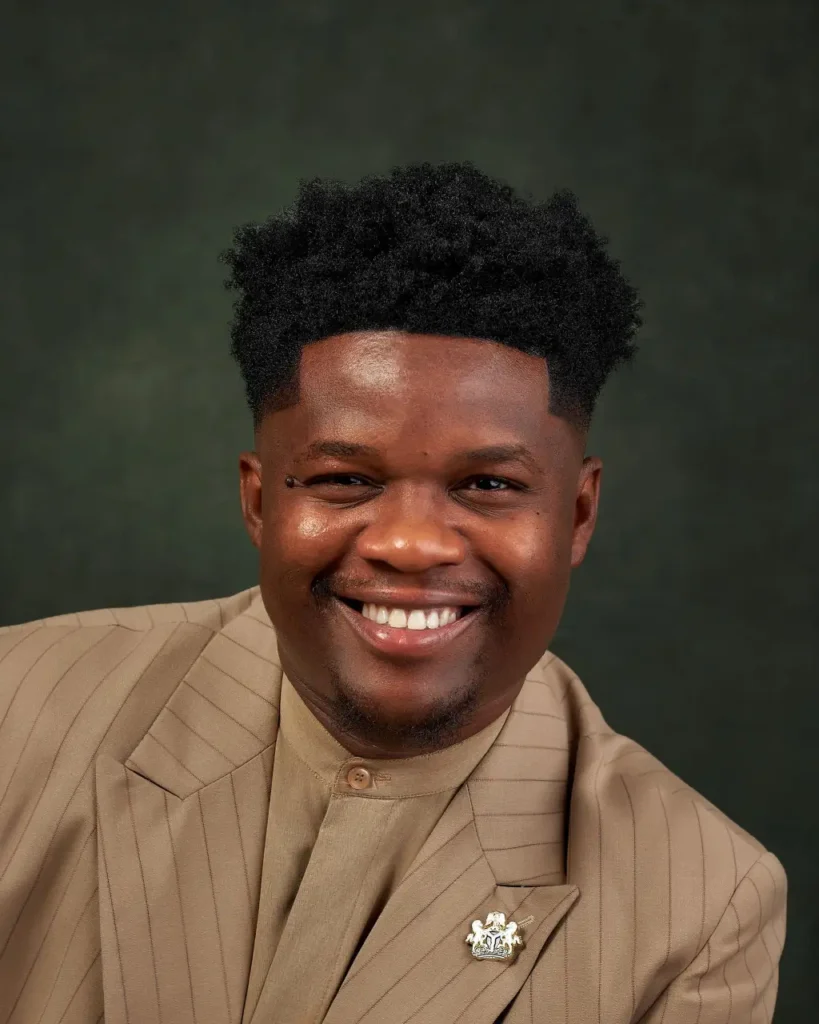
Alex Adekunle James
Founder and Host - RID, Center for Faith Based Policy
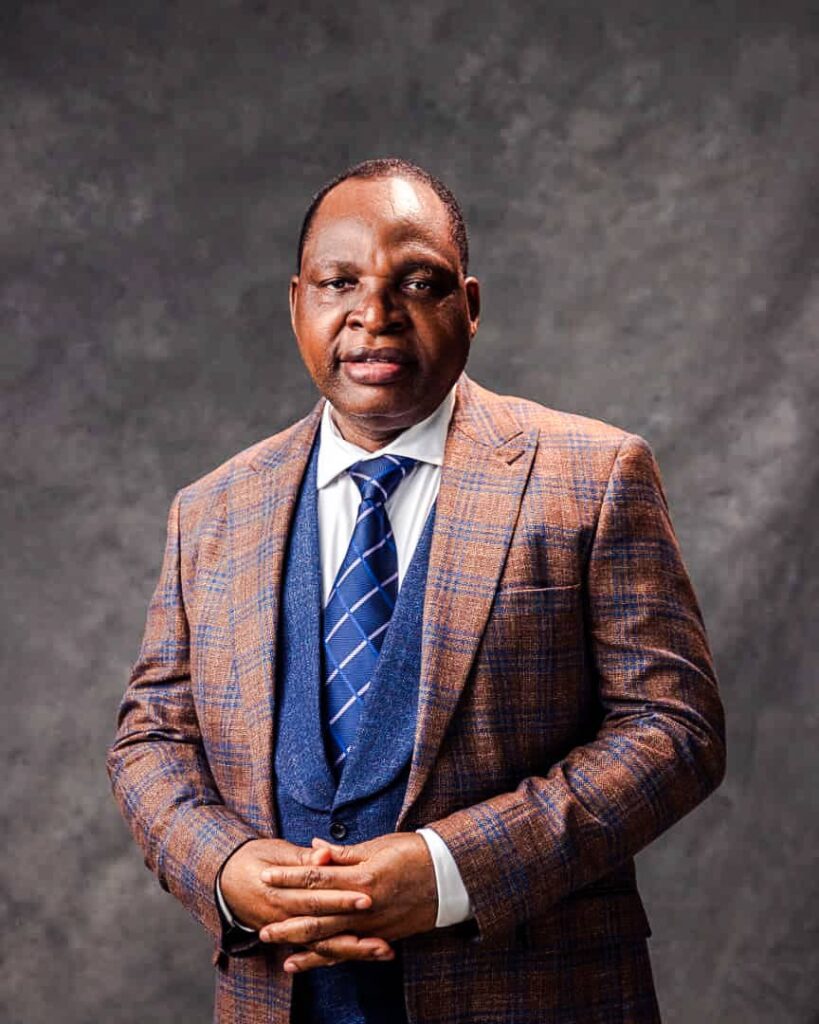
Rev. (Dr.) Williams Okoye
General Overseer, ACFM, Fmr. Chairman, CAN, PFN Abuja, Fmr. Aso Rock Villa Chaplain
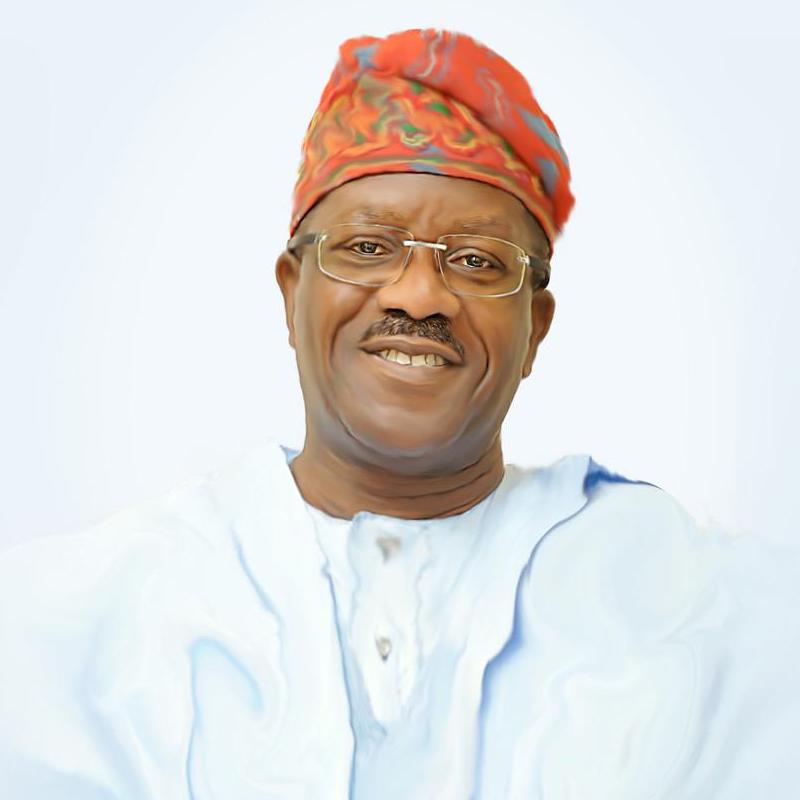
Sen. (Dr.) Gbolahan Dada
8th National Assembly Senator & Vice Chairman Public Account Committee
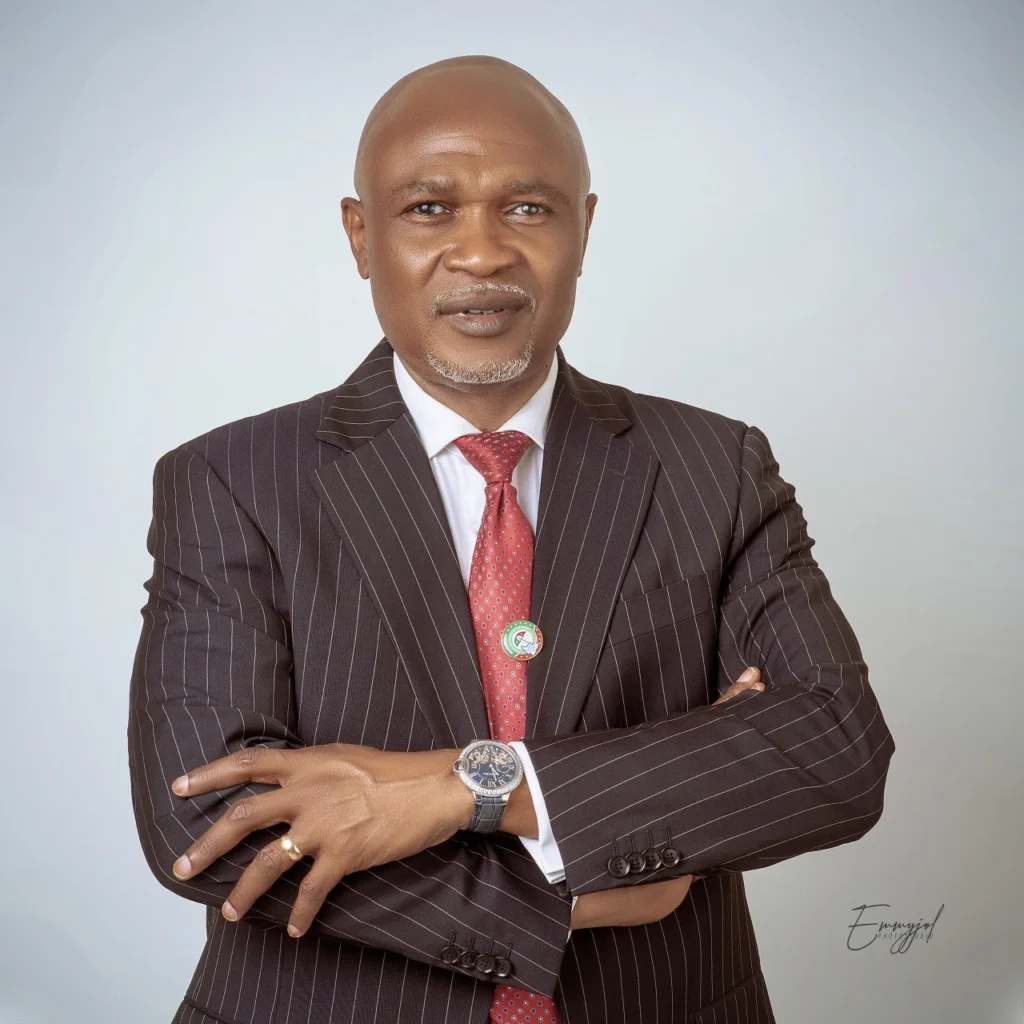
Hon. Kingsley Chinda
Minority Leader, The Federal House of Representatives
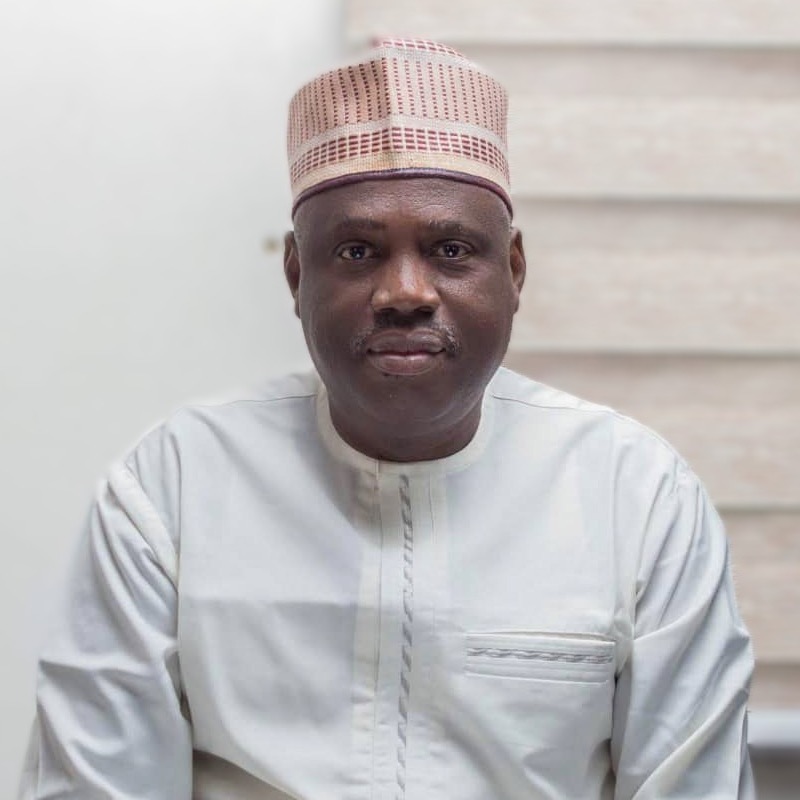
Hon Rimamnde Shawulu Kwewum
Federal House of Representatives 9th Assembly member, Journalist
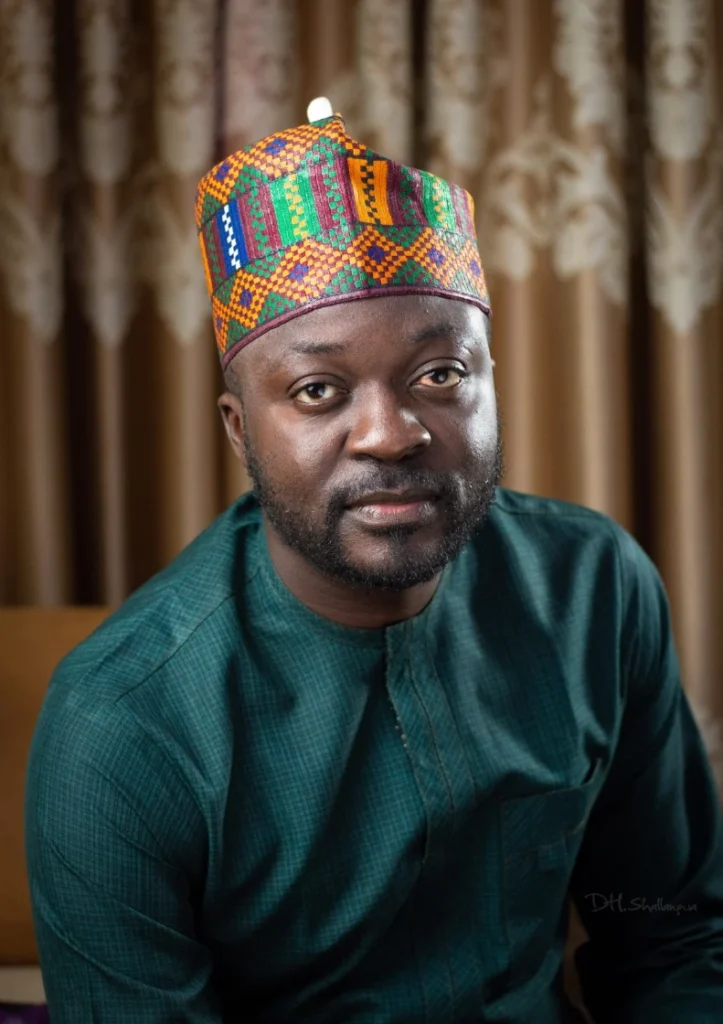
Ibrahim Faruk
Program Lead, Not-too-young-to-Run Movemen
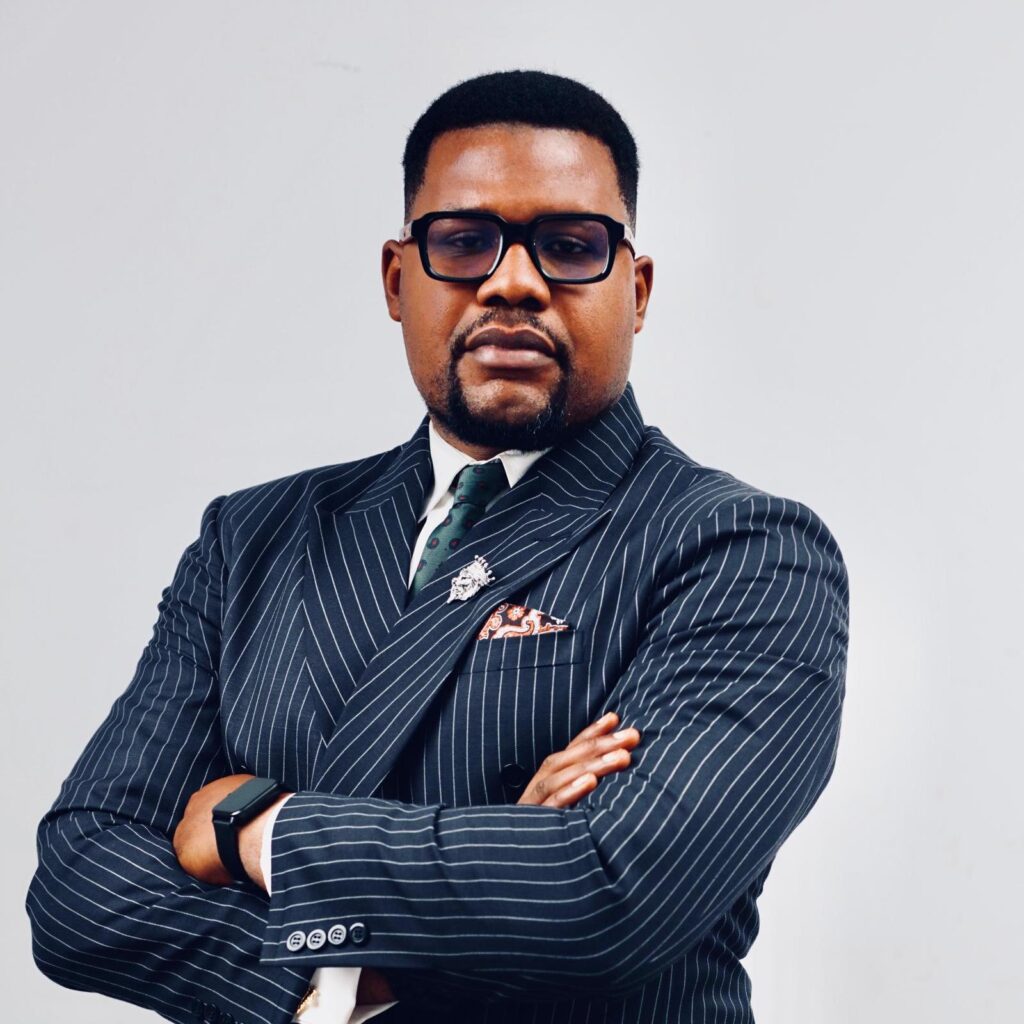
Emmanuel Effiong
Public Policy Expert and Analyst

Sokombaa Cal’ Egbeja
Policy Expert
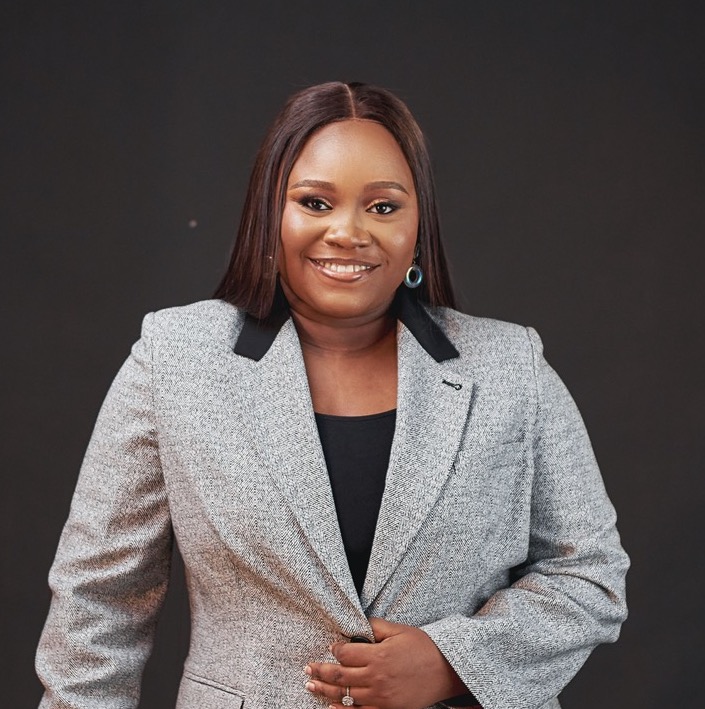
Sarah Adekunle James
Policy, Development & Communication Resercher

Chimdi Neliaku
Special Assistant, Interparliamentary Affairs & Public Relations to The Speaker of the Federal House of Representatives
Cohort 2 Registration
Registration Closed
Application Requirements
- Must be passionate about governance and policy advocacy
- Must be able to commit to the full 3-month program
- Must be at least 18 years old
- Fields marked with "*" are required.
Testimonials
Frequently Asked Questions
No, CFBP follows a hybrid model with virtual and in-person sessions in Abuja.
Yes, installment payment options are available for accepted candidates.
Yes, all participants who successfully complete the program will receive a certificate.
The program has limited slots to ensure quality training and engagement.
Yes. The course is open to all individuals—regardless of faith—who are passionate about ethical governance, value-based leadership, and national transformation.
However, participants should note that all lessons, discussions, and frameworks will be taught from a Christian worldview and grounded in Christian values.
Mutual respect and open-minded engagement are expected and encouraged throughout the program.
No prior experience is required. The course is beginner-friendly, guiding you step-by-step through legislative drafting, policy writing, and advocacy. Whether you’re a student, entrepreneur, pastor, or professional, you’ll gain practical tools to impact society.
This course uniquely merges technical legislative training with a values-driven, faith-based perspective. You won’t just learn how to write a bill—you’ll learn how to shape policies that uphold justice, righteousness, and the common good.
It’s deeply practical. From drafting real legislative documents and policy briefs to engaging in mock sessions and debates, the course is structured to simulate real-world policy engagement and empower you to take action immediately.
Graduates receive a Certificate of Completion from the Center for Faith-Based Policy and become CFBP Associates—gaining access to a community of nation-builders, future trainings, and strategic opportunities in governance and advocacy.
Not at all. It is for any Christian (or interested participant) who desires to see a new Nigeria and is ready to learn how to use policy as a tool for change. We believe national transformation requires everyone—from pew to parliament.
